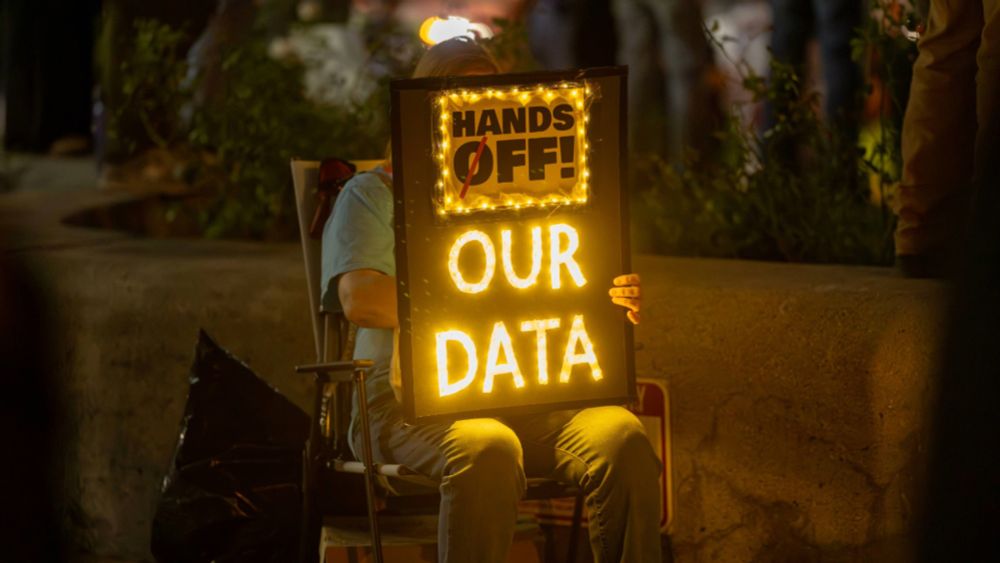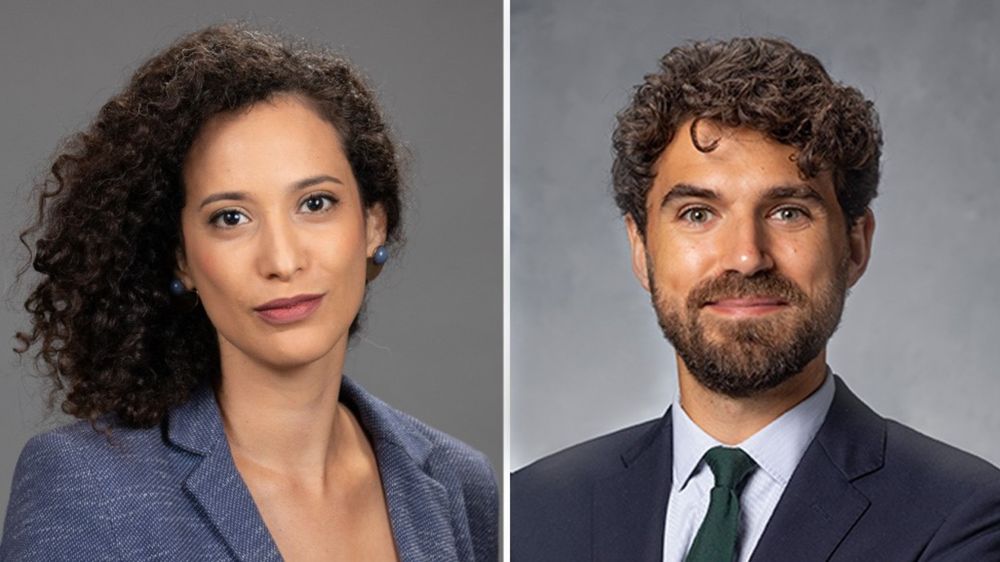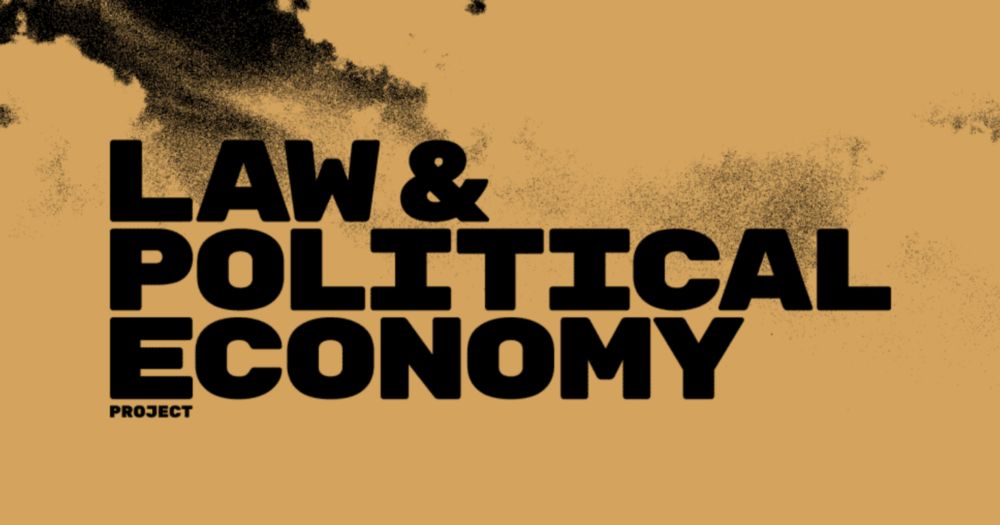
As deepfake technology becomes increasingly sophisticated and accessible, American lawmakers are responding with a flurry of urgent legislative action to address its potential harms. Our 50-state survey of proposed and enacted deepfake legislation reveals a complex regulatory landscape in which jurisdictions are adopting a range of legal approaches, including criminal punishments, civil remedies, or a combination of methods. We also find that legislators are frequently turning to tort-law frameworks to address the harms of deepfakes. This article explores the current landscape of tort-based regulations of deepfakes. In addition to providing an overview of the most recent legislative developments, we unpack and compare the various tort-law methods arising at the state and federal level. We further consider how lawmakers are modifying existing tort laws to address the unique concerns raised by deepfakes.
While individualistic tort remedies allow victims of deepfakes to seek direct recourse through familiar private rights of action, our analysis also identifies practical and conceptual limitations with this approach. Traditional tort frameworks struggle to address key challenges posed by deepfakes, including anonymous creation, viral distribution at technological scale, and harms affecting both individuals and society broadly.
In light of these limitations, legislators are innovatively adapting traditional tort concepts—such as standing, mental states, causation, immunities, and remedies—to address deepfakes’ unique characteristics. Yet the very need for these adaptations reveals some of tort law’s shortcomings and suggests a space for complementary regulatory approaches. We consider some potential approaches that could provide this more complete framework, like tort liability for entities that enable deepfake creation and circulation, and civil enforcement mechanisms that empower state actors to vindicate both individual and societal interests. Ultimately, our finding…
My new piece with @sonjawest.bsky.social is live in the Journal of Tort Law!
Our original 50-state survey of 466 deepfake laws reveals a complex landscape in which lawmakers are experimenting with novel criminal, civil & administrative tools to address deepfakes. papers.ssrn.com/sol3/papers....
31.10.2025 14:39 — 👍 18 🔁 6 💬 0 📌 0

Google Calls ICE Agents a Vulnerable Group, Removes ICE-Spotting App ‘Red Dot’
The move comes as Apple removed ICEBlock after direct pressure from U.S. Department of Justice officials and signals a broader crackdown on ICE-spotting apps.
New: Google removed an ICE-spotting app after calling ICE agents a vulnerable group. A immigration support group on the ground in Chicago, the current focus of ICE, said they were using the app to source tips, called Red Dot. Apple removed that app too
www.404media.co/google-calls...
03.10.2025 16:06 — 👍 290 🔁 156 💬 31 📌 32
Unless this is clearly disclosed when you create a Sora account, this is probably a deceptive trade practice in violation of the FTC Act.
02.10.2025 23:48 — 👍 3 🔁 1 💬 0 📌 0
👀
And don't miss the closing line of their announcement: "If you would like to bring your memory details over from a different AI tool or export your memory from Claude for backup or migration, you can follow these instructions." (link goes to: support.anthropic.com/en/articles/... )
11.09.2025 21:59 — 👍 3 🔁 1 💬 0 📌 0
AI Procurement As Regulatory Reconnaissance
Artificial Intelligence ("AI") is a black box technology in a black box industry. Some view AI as a lifechanging technology capable of advancing socie
Excited to share a draft of my Note—AI Procurement as Regulatory Reconnaissance—forthcoming in the Fordham Law Review. Inspired by @cary-coglianese.bsky.social, I contend that federal procurement offers a compelling information-forcing tool to inform AI regulation.
papers.ssrn.com/sol3/papers....
29.08.2025 17:39 — 👍 2 🔁 2 💬 0 📌 0
Unbundling AI Openness
<div>
The debate over AI openness—whether to make components of an artificial intelligence system available for public inspection and modification—forces polic
Thrilled to share that Unbundling AI Openness, my article with @alanrozenshtein.com and Parth Nobel is forthcoming in Wisconsin Law Review! It introduces a framework of "differential openness" to correct the oversimplification of AI as either "open vs. closed."
papers.ssrn.com/sol3/papers....
29.08.2025 15:21 — 👍 5 🔁 3 💬 0 📌 1
If the future of AI is personal, it should also be portable. Important piece from @mchrisriley.com for @techpolicypress.bsky.social
18.08.2025 18:49 — 👍 4 🔁 1 💬 0 📌 0

'This Was Trauma by Simulation': ChatGPT Users File Disturbing Mental Health Complaints
Gizmodo obtained consumer complaints to FTC through a FOIA request.
I filed a FOIA request with the FTC to get user complaints about ChatGPT.
In one case from Utah, a mother reports her son was experiencing a delusional breakdown and ChatGPT told him to stop taking his medication. The AI bot also told him that his parents were dangerous.
13.08.2025 14:52 — 👍 813 🔁 358 💬 24 📌 43
Brokered Violence: Safety for Sale in the Free Marketplace of Data
In a world where data brokers enable violence by selling our information, safety requires a data-deletion right that people can reliably enforce.
Fordham Law Professor Chinmayi Sharma (@chinmayisharma.bsky.social) and student Sam Adler '26 (@samadler.bsky.social) argue data brokers enable violence by selling people's information, and suggest that a data-deletion right should be enabled and enforced. via Lawfare (@lawfaremedia.org)
11.08.2025 19:43 — 👍 1 🔁 1 💬 0 📌 0
Excited to share a @lawfaremedia.org piece with @thomaskadri.bsky.social and @samadler.bsky.social that builds off our article Brokering Safety, forthcoming in @califlrev.bsky.social, that calls for an overdue conversation about how much we privilege data broker profits over human safety.
08.08.2025 16:30 — 👍 40 🔁 13 💬 1 📌 0
Appreciate the opportunity to write with @thomaskadri.bsky.social and @chinmayisharma.bsky.social for @lawfaremedia.org to call for a more expansive right to obscurity, building off our article—Brokering Safety—forthcoming in @califlrev.bsky.social
08.08.2025 16:09 — 👍 5 🔁 1 💬 0 📌 0
A new provocation from me, @samadler.bsky.social & @chinmayisharma.bsky.social to extend the proposal in our forthcoming Calif. L. Rev. (@califlrev.bsky.social) piece by letting *anyone* force data brokers to obscure info through a centralized process. It's time to call the 1st Amendment question!
08.08.2025 15:32 — 👍 7 🔁 2 💬 1 📌 0

The Agentic Executive has arrived . . .
www.governor.virginia.gov/newsroom/new...
13.07.2025 13:27 — 👍 1 🔁 0 💬 0 📌 0
Bailing Out Biometrics
In 2023, hackers breached 23andMe and extracted the biometric and genealogical data of nearly seven million people. By 2025, that data-originally offered up in
23andMe didn’t own your DNA—it was bailed to them. In Bailing Out Biometrics (forthcoming, J. Tort Law), Elijah Gordon & I argue that biometric data deserves bailment protection. Allowing its breach and then selling it in bankruptcy, isn’t just wrong—it’s illegal.
papers.ssrn.com/sol3/papers....
23.06.2025 21:44 — 👍 1 🔁 1 💬 0 📌 0
data brokers should not exist and it should be embarrassing every day a lawmaker doesnt try to control or destroy them
17.06.2025 15:14 — 👍 3 🔁 1 💬 0 📌 0

For Survivors Using Chatbots, ‘Delete’ Doesn’t Always Mean Deleted | TechPolicy.Press
Many survivors may assume that AI platforms and chatbots offer common privacy protections, but these are not guaranteed, Belle Torek writes.
After a recent court order, OpenAI is now required to retain the very data many of its users believed to be most private. This introduces serious privacy risks, especially for vulnerable users like victims and survivors of domestic violence, Belle Torek writes.
10.06.2025 16:01 — 👍 56 🔁 36 💬 2 📌 8
Today's Lawfare Daily is a Fordham Law panel where @qjurecic.bsky.social, @josephcox.bsky.social, @orlylobel.bsky.social, Aziz Huq, and @jtlg.bsky.social discussed the role technology has played a role in supporting or undermining democracy.
04.06.2025 14:25 — 👍 17 🔁 7 💬 1 📌 1
and @chinmayisharma.bsky.social, @thomaskadri.bsky.social, and @samadler.bsky.social; @andrewshammond.bsky.social; @sharonyadin.bsky.social; @ezrarosser.bsky.social; @lauraportuondo.bsky.social; Emily Chertoff and Jessica Bulman-Pozen; Bijal Shah; @desireelc.bsky.social...
22.05.2025 14:06 — 👍 6 🔁 2 💬 1 📌 0

DOGE & Disability Rights: Three Key Tech Policy Concerns | TechPolicy.Press
It appears clear that DOGE’s underlying ableist rhetoric both informs and forecasts its work, writes Tech Policy Press fellow Ariana Aboulafia.
It appears clear that Trump and Musk’s ableist rhetoric both informs and forecasts DOGE’s work, writes Tech Policy Press fellow Ariana Aboulafia. Its violations of data privacy and expansive use of AI without proper oversight have already harmed disabled people, and will continue to do so, she says.
12.05.2025 14:34 — 👍 52 🔁 29 💬 3 📌 2

A panel of five individuals of different races and genders at a table

A woman with blond hair sitting at a table amid speech
Enjoying a fascinating discussion on the role of technology in backsliding democracy @fordhamlawnyc.bsky.social ft. @orlylobel.bsky.social @josephcox.bsky.social Aziz Huq, James Grimmelmann, Quinta Jurecic & others! Organized by @oliviersylvain.bsky.social & @chinmayisharma.bsky.social 🔥
02.05.2025 21:23 — 👍 9 🔁 4 💬 0 📌 1

On DOGE, Directives, and DOJ
Anna Bower
Sunday, April 27, 2025, 4:05 PM
Share On: f X in & G B
A new court filing reveals the most compelling evidence yet that the government has been spinning a fiction about DOGE in federal court.
NEW: Government officials insist that neither DOGE nor Musk have any real decision-making authority—they merely “advise” or “consult.”
But internal DOJ emails provide the most compelling evidence yet that DOGE is not simply advising—it’s calling the shots.
www.lawfaremedia.org/article/on-d...
27.04.2025 21:58 — 👍 6010 🔁 2431 💬 182 📌 155
Lee on Algorithmic Disgorgement, buff.ly/m2d0W4T - Christina Lee (George Washington University - Law School) has posted Beyond Algorithmic Disgorgement: Remedying Algorithmic Harms (16 U.C. Irvine Law Review ___ (forthcoming 2026)) on SSRN.
25.04.2025 09:02 — 👍 5 🔁 1 💬 0 📌 0
At wired.com where tomorrow is realized || Sign up for our newsletters: https://wrd.cm/newsletters
Find our WIRED journalists here: https://bsky.app/starter-pack/couts.bsky.social/3l6vez3xaus27
Every future imagined by a tech company is worse than the previous iteration…or something like that.
Yale Law PhD candidate. Admin law/legislation/separation of powers/immigration
. . . Also, vintage menswear enthusiast . . .
Assistant Professor, TAMU School of Law. Interested in administrative law, bureaucracy, civil procedure. Fairweather Jets fan. Opinions my own.
SSRN: https://papers.ssrn.com/sol3/cf_dev/AbsByAuth.cfm?per_id=2879963
Associate Professor @NYULaw (but views are not my employer’s) | Legal History, Administrative State, New York State Courts | “agenda-driven naysayer whose head instantiates academic ethers”
law prof @ BC. focused on the future 💸 ⚖️ 🛰️
formerly Deputy Director @lpeproject.bsky.social. organizing committee, @a-lpe.bsky.social
https://www.bc.edu/content/bc-web/schools/law/academics-faculty/faculty-directory/raul-carrillo.html
Law, tech policy, survivor safety & privacy @nnedv.bsky.social. Advisory Committee, Cyber Civil Rights Initiative. Former AI & Tech @hrc.org. Vintage style, not vintage values. Views my own.
Historian, law professor, writer
1855 Professor of the Law of Democracy at Michigan State. Contributor to The Downballot. I teach, write, and post about state constitutional law, institutional development, and criminal law. I write (infrequently) at guaranteedrepublics.substack.com.
Writing about law and democracy at The Atlantic, previously Lawfare. Not a lawyer. It's KWIN-ta.
signal: qjurecic.32
Mostly replying to cat pictures and occasionally posting about tech policy...
CVXPY Maintainer
he/him
UCLA Law Prof. Focused on law, tech, and justice. Posting is mostly rage at fascists, their journalist enablers, and feckless Dems who need to retire. Sometimes I even post about things people call me an expert in. He/him. http://ssrn.com/author=1328346
Associate Professor of Law at GW 🌈
I write on tax, race, and democracy:
https://papers.ssrn.com/sol3/cf_dev/AbsByAuth.cfm?per_id=1538104
Associate Professor of Law @ Texas A&M
Associate Prof at Northern Illinois University College of Law. Constitutional law, criminal law, abolition, philosophy, hoops, puppies (esp. Argo the Floof). “Mildly Sephirothic at worst.” He/him.
Tech Law and Policy Researcher. We could make this place beautiful.
Cyber, privacy, tech policy, geopolitics @ Global Cyber Strategies, Georgetown SFS, EPIC, Georgetown Law, Atlantic Council, Lawfare. Views my own. He/him
Book “Navigating Technology and National Security” out Dec. 2025
https://globalcyberstrategies.com
Assistant Prof. at Georgia State University College of Law. Scholar working at the intersection of human rights and the environment. Alex Trebek called me a barracuda. She/her.

















